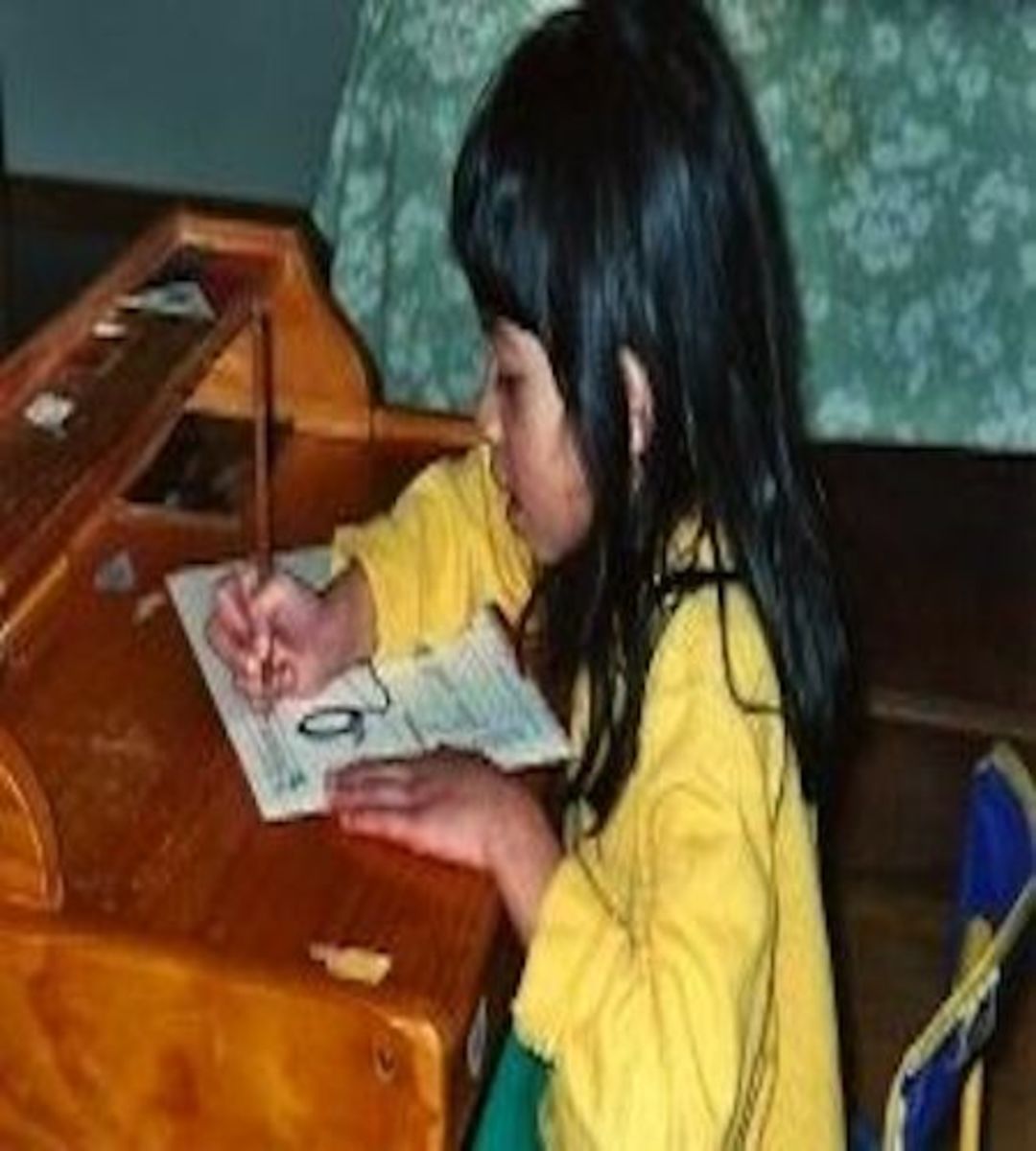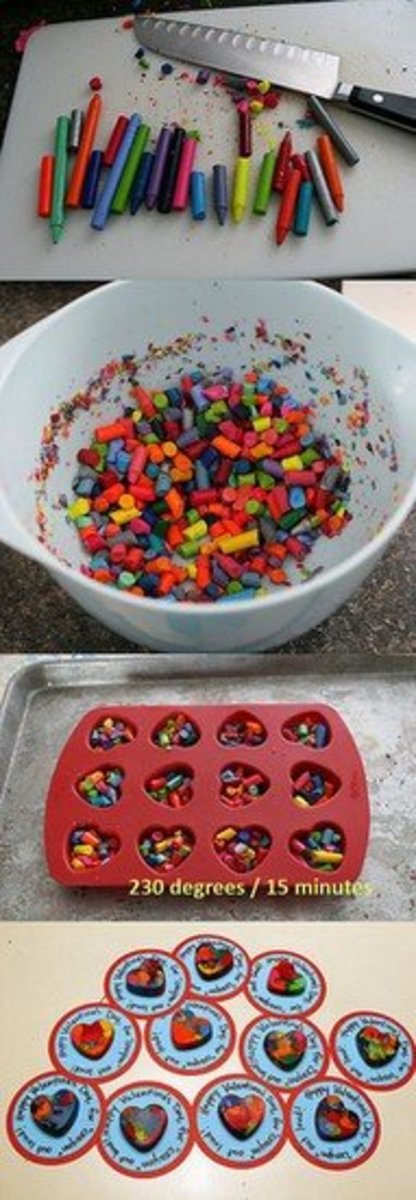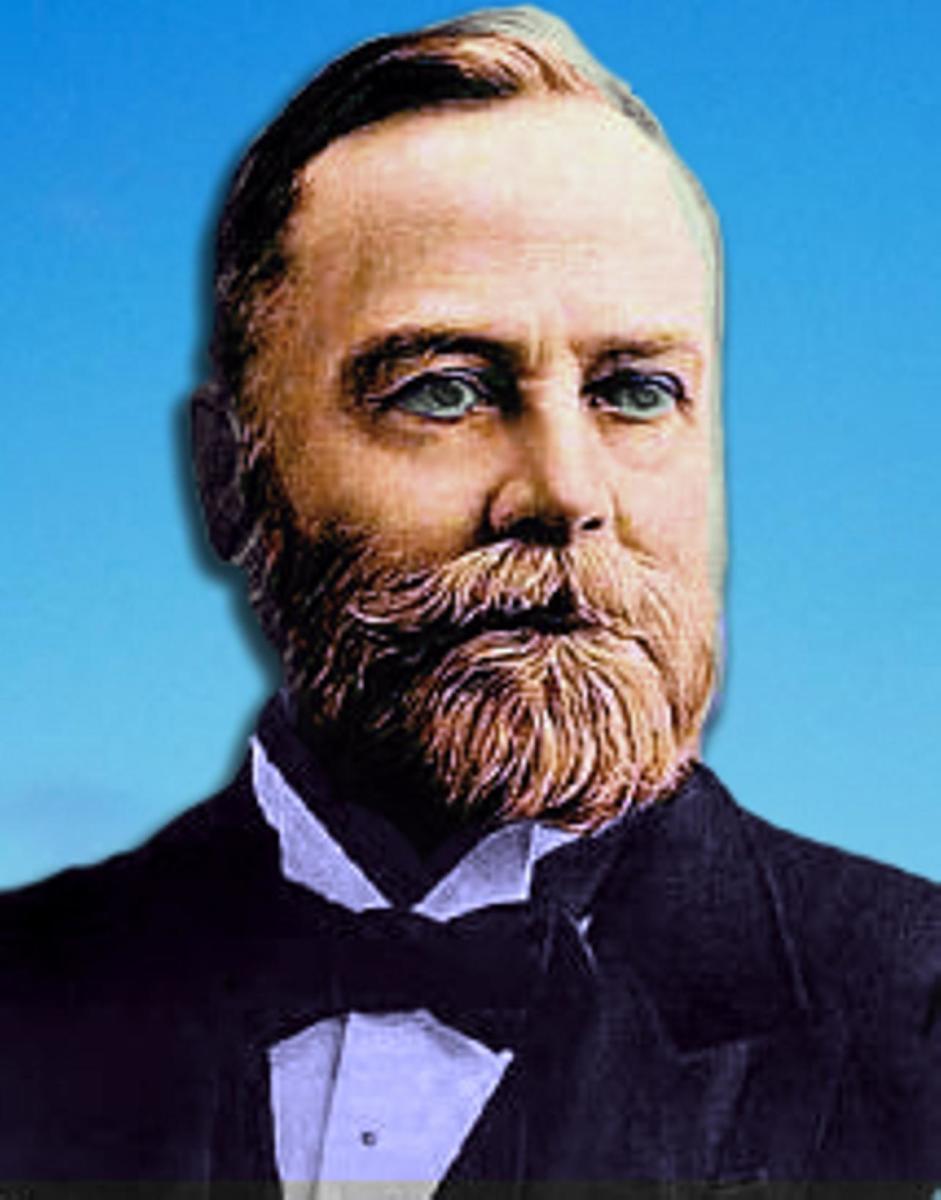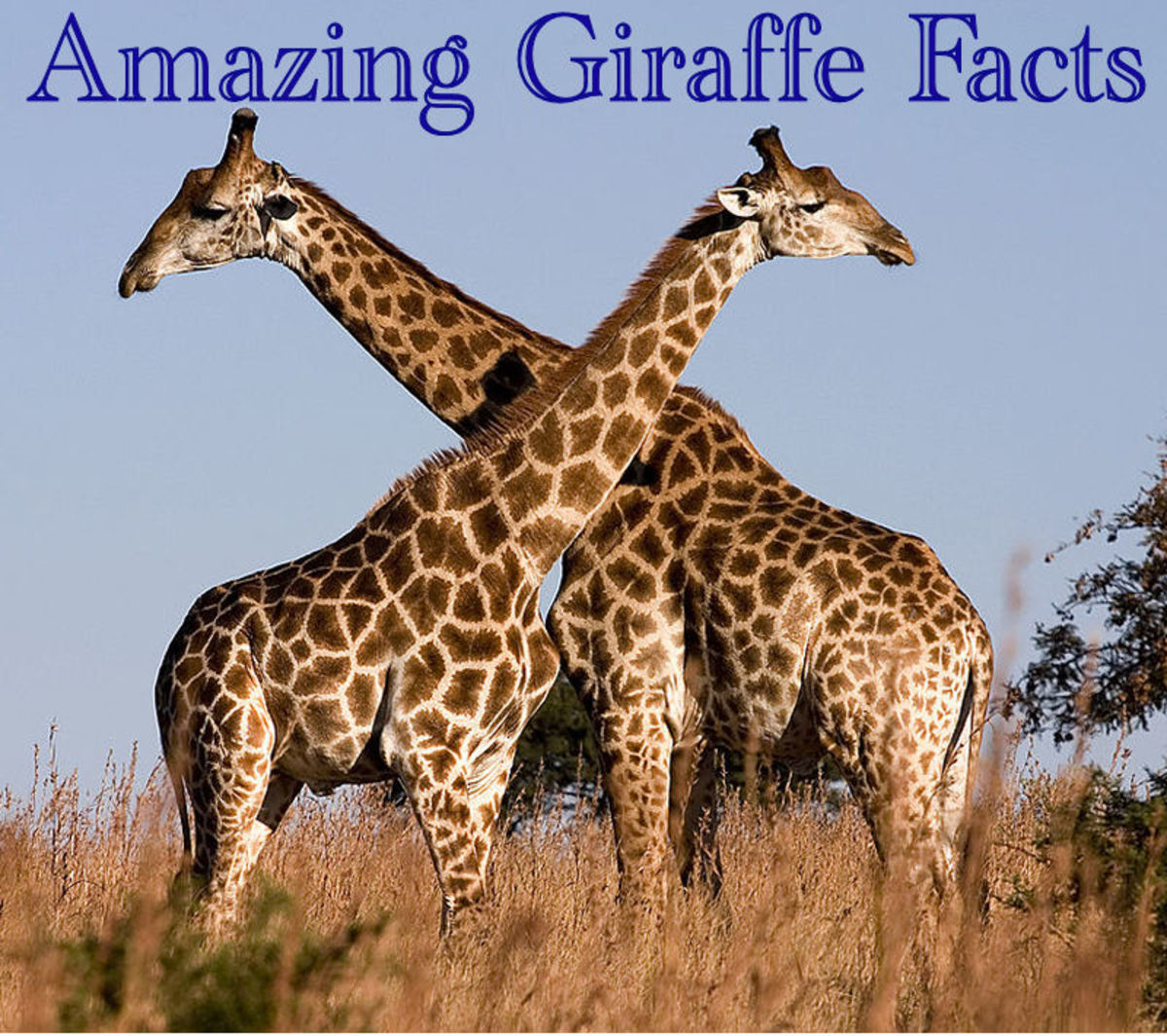How to Teach Poetry in Middle and High School
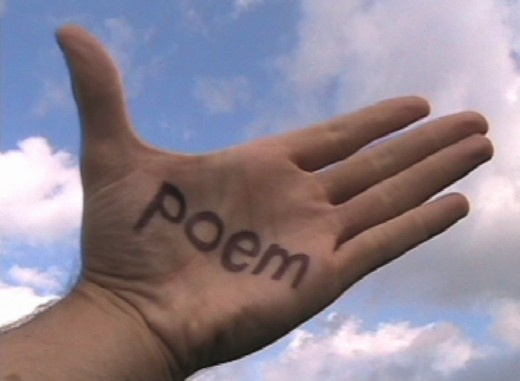
An Introduction to Poetry That is Authentic
As an English teacher, I want to ensure that my students have a well balanced curriculum, that we explore many genres of literature in the classroom as we can. Regardless of whether I am teaching non-fiction, short stories, drama, or poetry, I want to make sure that I make it authentic for my students as well as interesting to them in some way.
Notoriously, the most dreaded unit in my curriculum is poetry. Just saying the word elicits groans, moans and crossed arms. Of course students are not interested in poetry because they are constantly forced to learn figurative language and use it to tear apart the words to get to the "real meaning." I've always struggled over how to present poetry because my students are so jaded and many of them are so much against it. This year I was able to get some inspiration in the most unlikely of places.
We were having a family dinner (cousins, uncles, etc.), and as most family dinners go, it's a time to catch up on what everyone is doing. As a teacher, I always get told ideas about what to do in my classroom from the non-educators in my family ("Give them all As!" "Play more movies!") so most of it I just brush off. Though my family is made up of non-educators, many of them are very educated and enjoy learning to this day (my grandfather still orders video college courses to watch and he is 85). If there is one thing most of the members in my family enjoy, it is literature. There have been many a Christmas and birthday laden with gifts of novels and poetry anthologies.
When discussing my upcoming lessons over dinner, my uncle made a comment about how awful it is that students are forced to approach poetry in such an inorganic way, that the love for poetry blooms due to the connection the reader has with the words, not what the reader can break down and analyze. Of course this is what I've always believed myself and was at the core of my struggles when I teach poetry (I often think of the poem "Introduction to Poetry" by Billy Collins), but hearing him continue to comment on this gave me an idea. I had to present poetry in a way that helps students to connect to it in a way that is natural for them. Many do not take the opportunity to read poetry because they have a wall up against it. With a chance to read and react in a way that most readers do with poetry, I could work to change their minds (or at least make the poetry unit more enjoyable).
A New Outlook
I am always very honest with my students. When I introduce them to various units, I explain to them why I am presenting it to them the way I am. So when I introduced the poetry unit and my expectations, I told them of my desire for them to make connections to poetry. I also made it clear to them that music is poetry as well, a definitely way to hook them to poetry as we all know how plugged in our teenagers are these days.
I've always wanted to incorporate music with poetry, and have also struggled with it because of the fact that it was still in the way of breaking things apart. My first year teaching I wanted to present poetry in conjunction with hip-hop (a love of mine). I purchased Hip-Hop Poetry and the Classics which is a really cool book a teacher in an inner-city school in LA wrote. It bridges the gap for students who appreciate classic hip-hop music by relating those songs to classic poetry. While I found a good connection to it, my farm loving, rural students didn't get the connections as much (though I did break through with a few of my students).
Using that book as inspiration, I worked to incorporate all music into my poetry lessons. This year, due to timing, my poetry unit was shortened and I didn't have time to go through the lessons in the way I have previously. What my unit turned out to be is ultimately what will serve as my poetry introduction in the future due to the success I had.
The first part of this unit is making sure that you explain to your students why you're approaching poetry in this manner. It is perfectly fine to be honest with students and say that there is a reason for learning figurative language and breaking apart poetry, but there is also a place for taking the words for how they are and what kind of connection you build between them.
It is important to model this with students as well so they can understand what you mean when you say "connection to the words." A lot of students enjoy music or poetry because it sounds good but maybe not for its inherent meaning to them. I want to challenge my students to dig deep and find the songs and poetry that speak to them most. In order to do that, I have to present them with a song or poem that speaks to me.
In my case, I am a fan of Atmosphere, a mid-west hip-hop group. Their song "Yesterday" is a beautiful song about relationships and regret presented in a way that is unexpected. I always play the song for my students before we read the lyrics. We then read the lyrics as it's played again. We have a classroom discussion about the song and what they noticed, then I explain to them why it speaks to me.
The assignment I present my students with is two-fold. I have them search for songs and poetry that speaks to them, having to submit at least one poem and either a song or another poem. They are then required to write a 1-2 page response to the poem or song explaining why it is meaningful and what specifically speaks to them in the words. I give them a model of my essay in response to the song "Yesterday" to help guide them.
The Results
My students really enjoyed the time they had looking up the lyrics to their favorite songs as well as browsing classic poetry. It was enjoyable for me to have conversations with my students about songs they thought were meaningful until they looked up the lyrics and realized they were more enjoyable than meaningful.
The best part about this assignment was seeing what connections students make to the words that are around them. They really learned to appreciate the value of the music they listen to as well as the value of poetry (since every student was required to find at least one poem). I loved seeing students Google Robert Frost, Edgar Allen Poe and Emily Dickinson, mostly because they were familiar from other poetry units, but then finding some poetry on their own from those poets that they liked.
When I think about the placement of this unit next year, I may consider moving it to the beginning of the year for a few reasons. Not only will it help me gauge the writing abilities of my students, but it will allow me to look into their personalities as I see what speaks to them. It might be fun to present them the same challenge at the end of the year and make comparisons to see if things have changed in their perspectives.
Ultimately, I know that I was able to approach poetry with my students in a way that was organic, challenging them to still reflect on the meaning of the poem, but in a way that is authentic to them and natural of a reader to do. They walked away from this assignment with a better appreciation for the genre and hopefully with another view on it as they continue to work with poetry for the rest of their high school careers.


